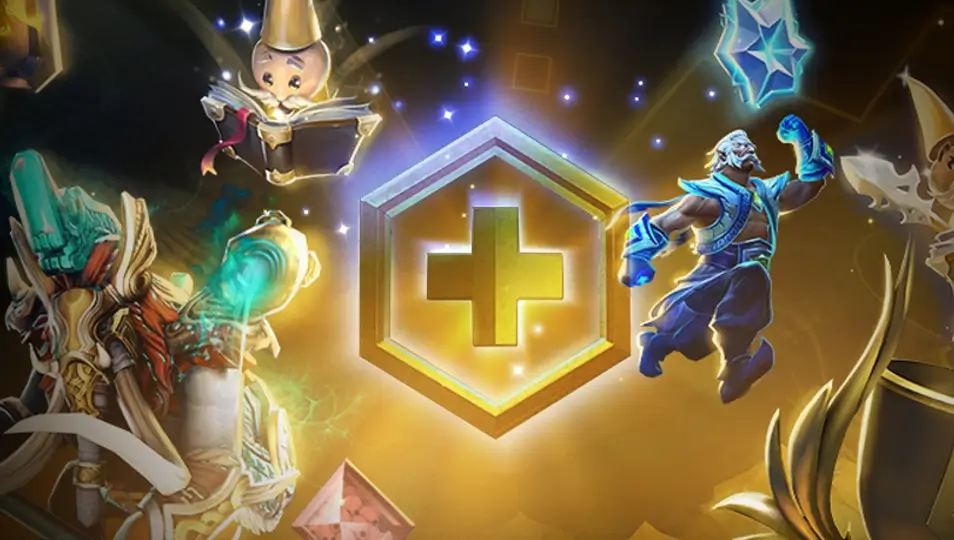As Valve combats betting, Dota Pro Circuit app brings bets to Dota 2

Valve has been pushing back against gambling on its top competitive titles, but it does seem to be priming its players to put some skin on the line through official company platforms.
The Dota Pro Circuit mobile app dropped ahead of the DreamLeague Major and brought with it a new betting option for players. Dota Plus subscribers have the option to wager shards on the results of Pro Circuit games, an entertaining feature that raises eyebrows given some of Valve’s actions over the last few years.
This feature of the Dota Pro Circuit app is an extension of the “Pro Circuit Predictions” feature of the battle pass for The International 2018.
Battle pass owners were given a number of tokens each week to place on the outcome of games played at Dota Pro Circuit events ahead of TI8. Players were rewarded with battle points for correct wagers, which leveled up their battle pass and unlocked additional items.
Betting in the Dota Pro Circuit app functions in a similar way, except instead of tokens that serve no other purpose, players use Dota Plus shards. These shards are a currency exclusive to Dota Plus that can be used to acquire items including skins and such tools as chisels and name tags. They can be earned in a number of ways that largely revolve around winning games of Dota 2.
Though Dota Plus carries a subscription fee, there is no way to directly purchase shards. Because of that, there is no pay component to shard betting in Dota 2.
Still, it’s a surprising addition to Dota Plus’s list of features.
Valve has made a number of aggressive moves to distance itself from the gambling industry in recent years. The biggest example of this came in 2016 when Valve killed skin betting in Counter-Strike: Global Offensive.
Skin betting allowed players to bet in-game items on the outcome of pro games. This created an industry which was worth upwards of $2.3 billion at its peak according to Bloomberg. According to Polygon, a lawsuit was brought against Valve in June 2016 stating that the company “knowingly allowed…and has been complicit in creating, sustaining and facilitating [a] market” for illegal betting. This was followed by another class action suit in December, per Top Class Actions.
Though neither case led to any further action, Valve quickly mobilized its legal team against skin betting websites and began denying them service in Steam, effectively killing the business.
Valve didn’t stop there, either.
During The International 2018, reports surfaced that Valve had discouraged esports organizations participating in the event from accepting sponsorships from betting outlets. This was a surprising move at the time, as established cross-game brands including Natus Vincere, OpTic Gaming, and Fnatic all had betting partners. Most organizations still enjoy those sponsorships, but there is no guarantee that Valve will not make a sweeping ban against them at any given moment.
Valve’s stance on gambling could be seen as strange given its role in popularizing microtransactional loot boxes in its own games.

